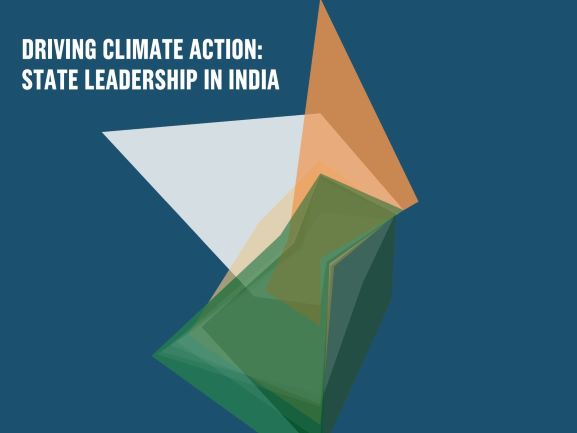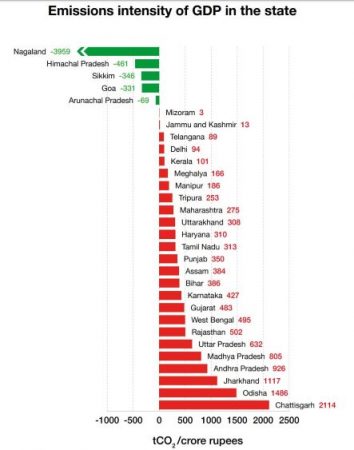The Climate Group’s latest report calls for ‘aligning’ climate action at Indian States

The Climate Group, a group that leans on corporate co-option to make an impact for the climate emergency, last week released a report titled ‘Driving Climate Action: State Leadership in India‘ which explored the role of Indian states in driving climate action and economic growth. This report, published in partnership with KPMG India, highlights the states role in India’s fight against the climate crisis without compromising on economic development.
Through two pieces of analysis, it also offers recommendations on how they can be more strategic in evaluating and accelerating their action.
“India’s commitment to tackle climate change stands reaffirmed with almost all the political parties recognizing climate change as an issue of national interest in the recent national elections. It is further elating to see robust evidence that climate action is complementing economic development. We would urge all the Indian states to embed climate action in their economic development trajectory,” said Jarnail Singh, India Director at The Climate Group.
The report highlights that in India, like in other parts of the world, state governments have developed regional climate strategies that offer important learnings for scalability and success. States are custodians of regional policy and executors of development programs, with a strong bearing on greenhouse gas (GHG) emissions. The report added that there has been a ‘growing momentum’ on state-level climate policies in areas such as clean energy, energy efficiency, clean transport, and sustainable land-use, among others. Furthermore, capacity building on access to finance, policy innovation and climate governance would serve to bolster states’ ambition to meet their potential.
“Indian states have a good opportunity to learn from each other, unlock barriers to climate and energy solutions, and demonstrate a case for investing in clean energy while giving the national governments the confidence to maintain their commitment to the Paris Agreement,” said Nehmat Kaur, Senior Manager, Government Relations – South Asia at The Climate Group.
The report’ s key findings are:
- The top 10 performing states on climate action are: Delhi, Gujarat, Haryana, Himachal Pradesh, Karnataka, Kerala, Maharashtra, Punjab, Tamil Nadu and Uttarakhand.
- Economic gain and climate action can go hand-in-hand. The top 10 performing climate action states align almost identically with the 10 highest per capita income states.
- There is a low degree of correlation between states that have high per capita income and high per capita emissions intensity.
- The top-performing states on climate action have higher contributions to the national GDP, lower emissions intensity, better energy efficiency, higher utilization of renewable energy potential and higher percentage growth in forest cover.
The report draws parallels between the state GDP and emissions per capita income, which shows that hilly states and Goa have been proactive in climate action while southern states like Kerala and Tamil Nadu are leading with the energy efficiency of industrial output. The report has many insights of the changing green cover on state level as well as section which takes a closer look at the overall performance of Gujarat and Tamil Nadu.
While it is not surprising that The Climate Group has chosen to take a soft approach to Indian states, considering the interests it represents, it is clear that states need to move well beyond their existing policies and systems to track the impact of climate crisis and align policies. Be it the quality and level of Environment Impact Assessment for all large projects, or a relook at just what sort of behaviour they need to discourage, states in India face some very tough calls that will need to look beyond immediate approval from corporate stakeholders to make an impact.




